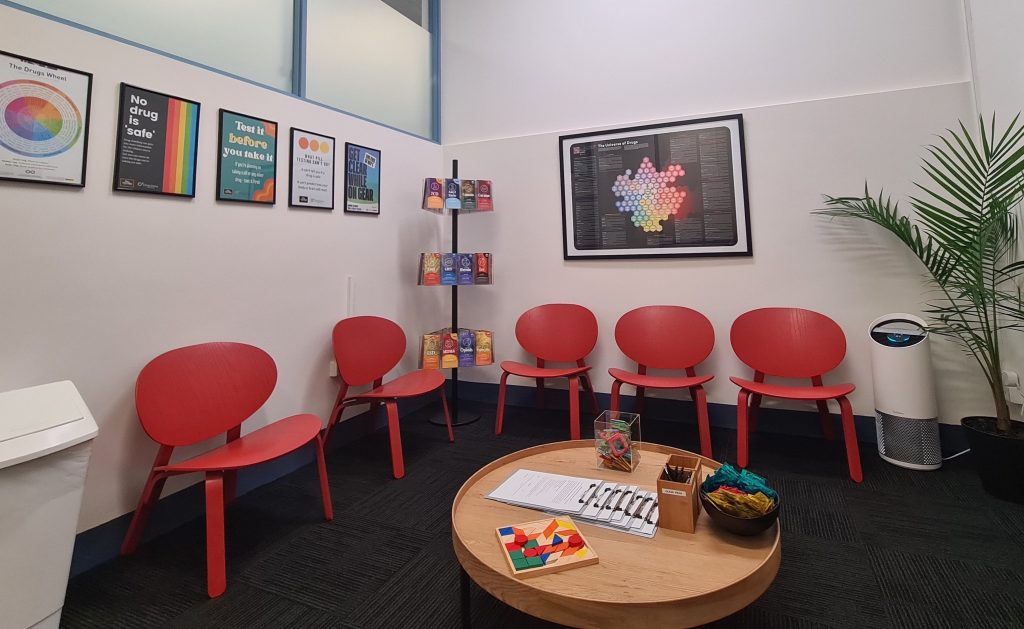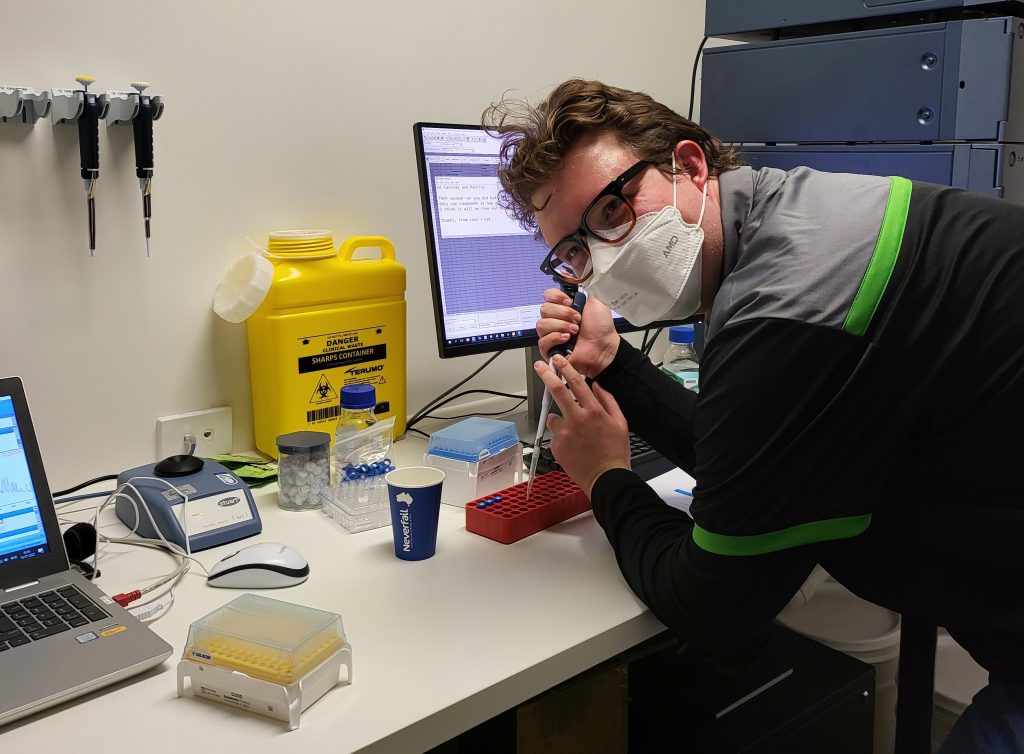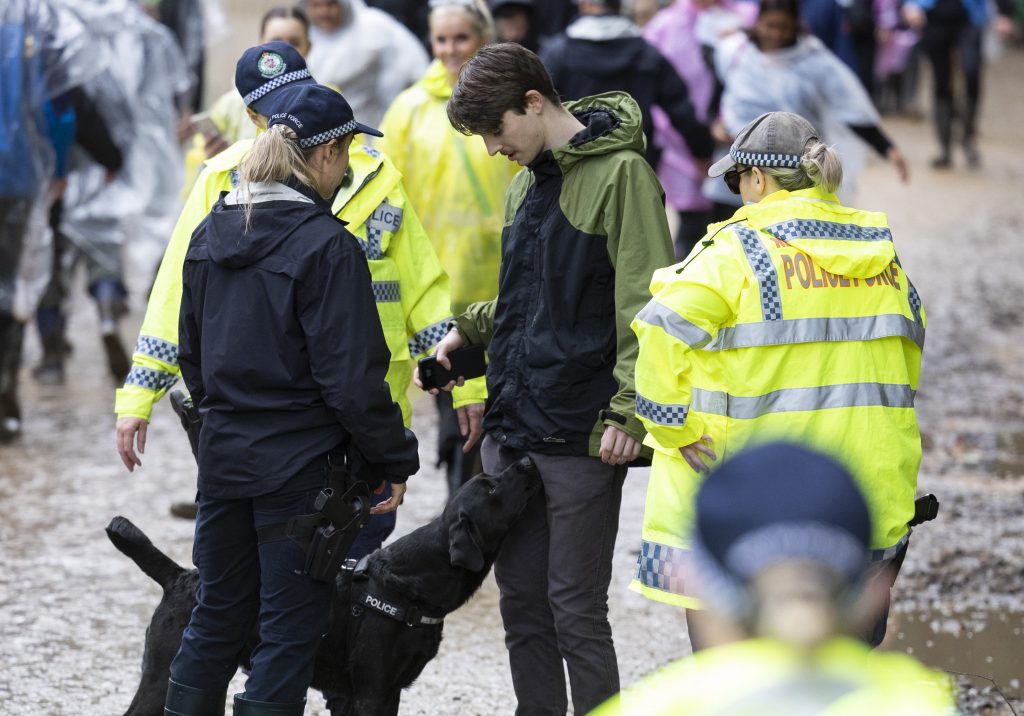Australia’s First Pill-Testing Clinic Is Already Proving Why We Need More Pill-Testing
Australia’s first fixed pill-testing clinic has officially opened in Canberra. It joins the very short list of places around the world where you can check what’s actually in your drugs.
The site has opened as a result of years of advocacy by Pill Testing Australia. The clinic is called CanTEST and it’s operated by Directions Health with specialist support and staff coming from Canberra Alliance for Harm Minimisation & Advocacy and Australian National University.

CanTEST Clinic (Image Supplied)
Mitch Lamb has worked at the clinic since the doors opened last month and has already seen a huge demand for the service.
“I think a lot of people were thinking that it was going to start slow and I can tell you now from working at the site it’s not slow at all,” says Lamb.
CanTEST has two primary aims, the first is offering a service to test samples of drugs and second is providing information for harm reduction.
“One of the big issues with taking drugs that you might have gotten illicitly is that you might not know what’s in them, so this service is really about, first of all, giving you the data.”
“And then I think the most important part, it’s actually the second part, the harm reduction. We’re plugging a gap there where you can give really simple advice to people who use drugs in a manner that keeps them safe.”
“Once you’ve got this knowledge you could identify an overdose or you could pass on information about how to use MDMA safer,” Lamb says.

Drug testing at CanTEST. (Image Supplied)
Despite being a clinical service CanTEST is bridging the gap for people who use drugs to ensure the experience feels less clinical and focuses on creating a welcoming and safe environment.
“You’re walking up to a building and you’ve got drugs in your pocket and that can be confronting at the best of times. So it’s been nice to sort of show the community that we’re out here to help.”
While CanTEST has no formal agreement with the ACT Police, anyone going to the clinic can be assured they won’t be arrested on the way in or out of the site, and all testing is done on a confidential basis.
Over the first few weeks of operating, the clinic has tested a wide range of different drugs and has seen many samples be discarded when the results showed a different result to what the drug was suspected to be.
“Some of the things we have come across are psychoactive substances, which are a sort of a new field of drug that are research chemical based and a lot more DIY backyard chemist,” says Lamb.
“We’re sort of seeing some stuff that you would expect to see at your typical music festival, and quite often we’re finding people show up to the site and think it’s a sample of ketamine, and what they walk out with is the information that maybe it’s not quite ketamine.”
“One of the things I think I can say confidently is there’s a lot of filler in a lot of these drugs,” Lamb told Junkee.

Sniffer dogs deployed at this years Splendour In The Grass (Image Getty)
CanTEST is on a fixed six month pilot and when asked what needs to happen to ensure the clinic goes beyond the initial period, or even see more clinics open in different states, Mitch Lamb had one answer: more drugs.
“We need lots of drugs. We need heaps.”
“The more data that we present, the better it is for us, we just want a mountain of data. So if you’re thinking about doing it and you’re on the edge, I’d encourage you to just try it once.”
The clinic hopes to solidify that drug use is first and foremost a health issue, and if clinic goers discard their drugs after discovering what’s in them, Mitch Lamb says that they’ve achieved their goal in making people healthier.
“It’s really about harm reduction and it’s a proven method of not only keeping people safe but something that’s really important right now is keeping the strain off our hospital system.”


